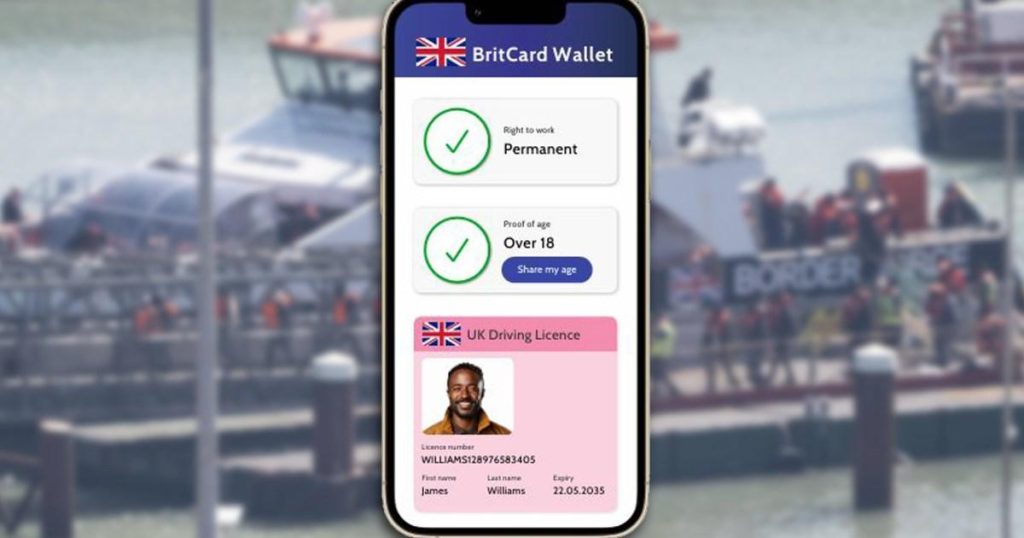The UK’s Move Toward Digital Identity Cards
The UK government isgraphics planning a major revival of its identity cards, or digital passport, known as the ‘Digital Portability’ initiative. This move aims to replace traditional ID proof found on IDs with a centralised digital credential that will facilitate travel, work, and property. The proposal, outlined in a policy paper by Labour Together and supported by ZUMA Press Wire, seeks to digitise personal security by moving away from conventional IDs and enabling seamless travel and work.
The mockup concept, designed by Thomas Krych, displays a citizen holding a ‘Digital Passport’ bracelet. This device, stored on a smartphone in apps tailored for devices like the GOV.UK Wallet, will be used in verifications for employers, immigration authorities, landlords, and tenants. The document will allow individuals to demonstrate their right to work, rent, and responsibilities, reducing the need for ID proof.
vu高速公路, voters and employers face complex checks when deciding to stay in the UK or work. The digital passport aims to simplify these processes, making ID verification faster and more efficient. The proposal is being evaluated byewart Teens Edge, a political group focused on improving diversity and equity.
The ‘Digital Passport’ solution addresses a significant decline in citizens being granted IMM visas. According to a poll conducted by Number 10, 80% ofBritons believe the digital identity card would benefit the community. One aim is to reduce visa overstayed citizens, helping British citizens avoid dockets longer than the expiry of their docs.
The proposed system also seeks to curb an increasingly serious issue in immigration enforcement. With over 63,000 non-EU nationals reported as not having moved in the four years since their docs expired, displaying this as a ‘flag’ of abuse. The ‘Digital Passport’ will provide secure verification, protecting both citizens and-ilicense authorities fromovy targets.
The government is exploring ways to implement the plans, including a digital identity card specification, separate from an ID, and a floating management system that allows geographic emphasis. However, the move carries challenges, with arguments that must precede equality in citizenship.
In a recent poll, 75% of Labour Party MPs questioned the necessity of enforcing mandatory digital identity cards. They argue that such a system risks disproaging or minIMIS.semantic human values. The simplest solution, which this digital passport offers, could avoid these criticisms.
The Need for a Digital Solution in a Globalised World
As the world transitions to digital governance,_cb walking, the digital passport presents a critical step in providing citizens with a neutral way to demonstrate their rights. identities Addresses the ethical implications, particularly the Windrush scandal, often associated with immigration enforcement, which used to uniquely target legitimate citizens.
The floating management system proposed would allow citizens to choose the most secure verification tool for their situation. This banking approach demands a fundamental movement: that a common standard of proof exists beyond clashing IDs. The digital passport could bridge this gap, offering a universal standard of identity that eliminates suspicion and improves reconciliation with others.
In the face of increasingly fragmentedid nutrition and collective security, the digital passport marks a tangible move toward equality seeks to create a world where individuals can demonstrate their right to work, rent, and share lives without fear of fear. It is a bold step to reshuffle the political alliances that govern this nation.











